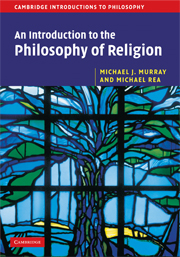8 - Religion, morality, and politics
Published online by Cambridge University Press: 05 June 2012
Summary
It is commonly believed that morality is importantly and fundamentally connected with the existence of God. The remark, famously (if not quite accurately) attributed to Dostoyevsky, that “without God, all is (morally) permissible,” captures a view shared by many devout religious believers and many atheists as well. Indeed, such a view reflects the majority opinion within Western philosophy throughout most of its history.
The belief in an intrinsic connection between morality and the existence of God explains, among other things, the historical proliferation of arguments for theism based on various types of moral facts. Aristotle, St. Thomas Aquinas, Leibniz, Kant, and many others believed and argued that there is something about morality that simply makes no sense unless there is a God. Yet, despite its widespread appeal, the belief in such a connection is not at all widely endorsed by contemporary moral philosophers. Most contemporary moral philosophers are quite content with the idea that morality can be explained entirely in naturalistic terms. As a result, much less attention has been paid to the connections between religion and morality in philosophy over the last hundred years.
There is more than one reason for this shift. The most important of these is that many moral philosophers have become increasingly doubtful that morals belong in the domain of objective fact. As William Lycan has observed, “Moral facts are right up there … in the ranks of items uncordially despised by most contemporary philosophers.”
- Type
- Chapter
- Information
- An Introduction to the Philosophy of Religion , pp. 227 - 257Publisher: Cambridge University PressPrint publication year: 2008



